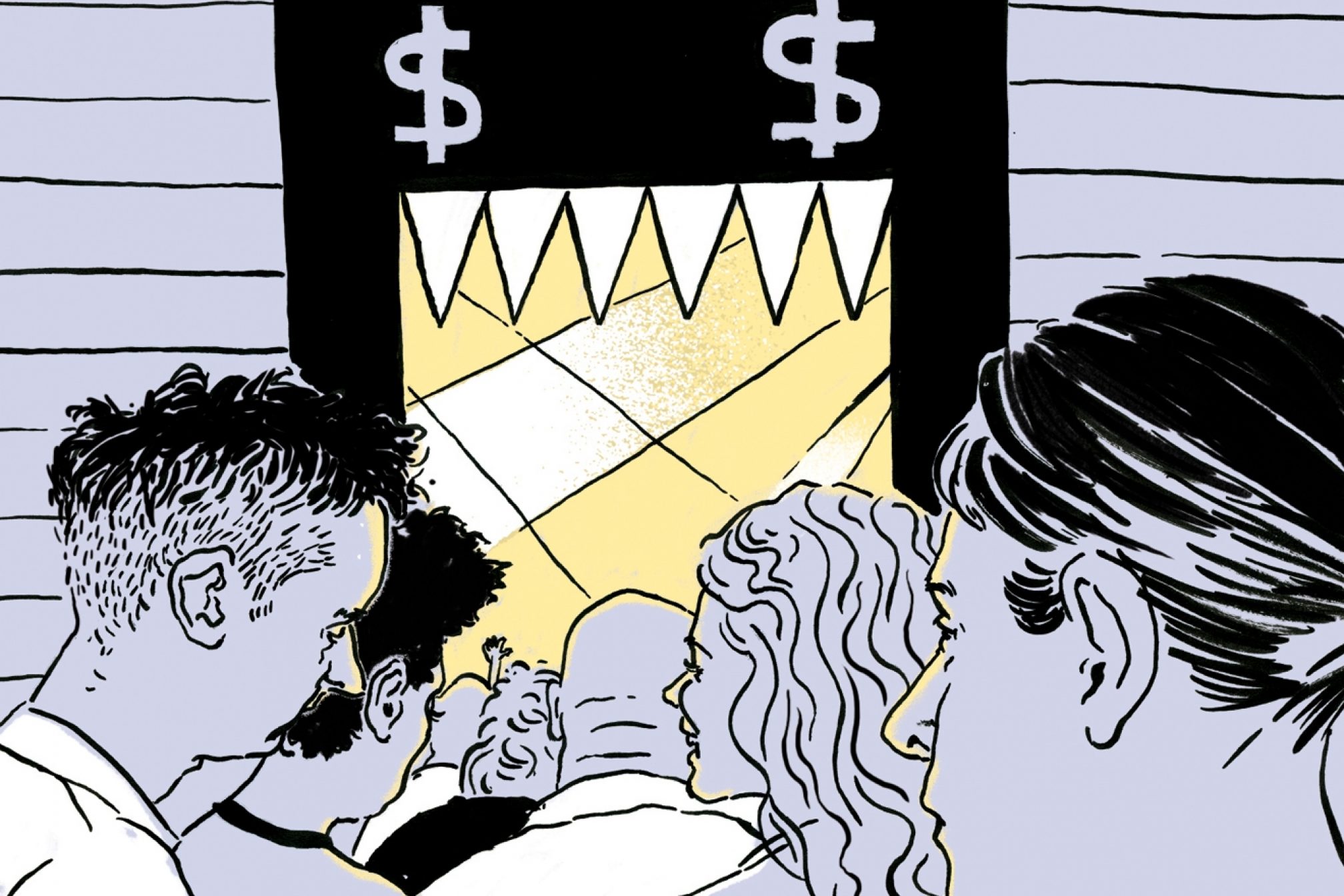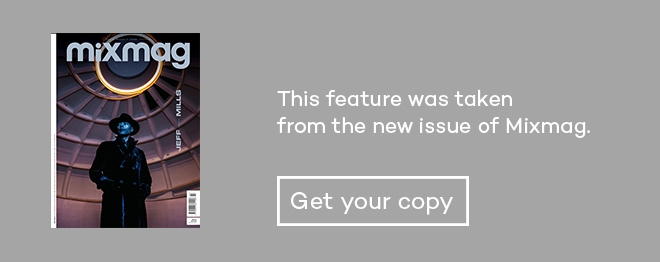 Features
Features
Hey promoters! Throw parties, not club nights
Consumerism vs community is at the heart of a clubland chasm
If there’s anything I’ve learned in all my years of nightlife – by which I mean “spending most of the evening in an endless circuit that runs between the bar, the smoking area and the toilet, punctuated by the occasional brief stint of looking at my phone on the dancefloor before deciding I’m “really thirsty” and suddenly filled with a rapacious desire to spend the next half an hour squeezed like a sardine between two burly blokes, trying to order a vodka, lime and soda” — it is this: there is a difference between a ‘party’ and a ‘club night’, and that difference is a chasm.
When David Mancuso inflated a few balloons and bunged some sandwiches on a trestle table in the confines of his loft in 1970, thus establishing the template of ‘decks, darkness and dancing’ and kicking off the discotheque – the modern night out was born. Vital to the magic formula was the way Mancuso offered his neighbourhood’s misfits and marginalised figures a chance to get together and dance to great music. These first experiments were powerful, personal, and political. They were parties.
The ‘club night’ is a more recent affair – if by recent we consider the early 90s to be recent – when rave, that bright, anarchic beacon of hedonistic hope, was, like most youth movements in history, identified as a threat to the status quo and neutralised. In the UK, for example, not only did the Criminal Justice Bill take people out of fields and into licenced metropolitan premises which were much easier to control, but in the process it – we – were co-opted and commodified. There was money to be made from the fact that young people the world over love nothing more than getting off their faces in dark rooms.
And so the club night as we know it emerged. Overpriced, oversold, and over here, you can tell you’re at one when the sense of being at a party is overridden by the suspicion that, somewhere down the line, you’re being fleeced. The priority is getting you in, getting your money and getting you out one minute before closing time.
That isn’t to say that you can’t have fun at a ‘club night’. In fact, there are times when being herded from room to room, nudged to bar after bar, is preferable to the prelapsarian guff that self-professed party-people spout about the good old days. There is an understandable, if not entirely admirable, honesty to the contemporary club night experience. The promoter wants to make money, and you and your pals want to see Hunee, Honey Soundsystem, and Honey Dijon on the same bill. You get that; he gets his cash. Neither of you is likely to find the spiritual salvation that the first wave of DJs and dancers held so dear, but frankly, that’s just not possible every weekend in 2019.
By now, most of us are painfully, acutely aware of the fact that nightlife is constantly trying to recreate The Good Old Days, twisting itself into an eccie-swallowing ouroborus that finds the myths of the past more palatable than the difficulties of the present. People who bore on about how Ibiza has lost that ‘magic’ are really complaining that ‘club nights’ outnumber parties. So we cling on to the same five stories we’ve heard about Larry and François and Frankie and Alfredo, hoping that if we invoke those names and those nights enough we can outrun the queue and the overpriced drinks and the worry that we’re maybe not having as much fun as our Instagram stories suggest.
But the dream of the party is still, somehow, alive. Canny promoters – the ones who put punters ahead of profits – can still will a party into being. A party makes you part of something. A promoter who spends more time building a community than thinking of new ways to drag every last penny out of attendees is running a party. Discerning dancers who aren’t satisfied with identikit line-ups and having the bulk of their bank balance sucked out of a wallet in the time it takes for Harvey to mix two tracks are learning to look harder for venues, promoters and DJs who know just how perfect the right kind of party can be. A party is Midland doing three nights in a row at a small club in Edinburgh. It’s Beatrice Dillon turning Salford’s White Hotel inside out. It’s Beat Herder festival spending months carving an underground bar from the Cumbrian soil just for the hell of it; it’s Nyege Nyege festival in Uganda having one pair of decks that they sprint around the stages with at the end of each set; it’s Nightmares On Wax taking over the hippy market in Ibiza and filling it with friends and families. It’s Houghton – or even Holy Ship – prioritising punters from the year before over arrivistes and VIPs, even if it costs them money. It’s the new wave of collectives that build nights and festivals around their values, not around their profits. It’s venues and promoters of any size and profile putting the people who are there to dance and have fun first. And if you support them, you’re part of a golden thread that runs all the way back to that loft in Greenwich Village. Party on.
Josh Baines is News Editor at It's Nice That and regular contributor to Mixmag, follow him on Twitter
Read this next!
The police are losing the war against London's illegal rave scene
DJ exclusivity deals and domineering promoters are suffocating independent nightlife
An ode to the disco nap



